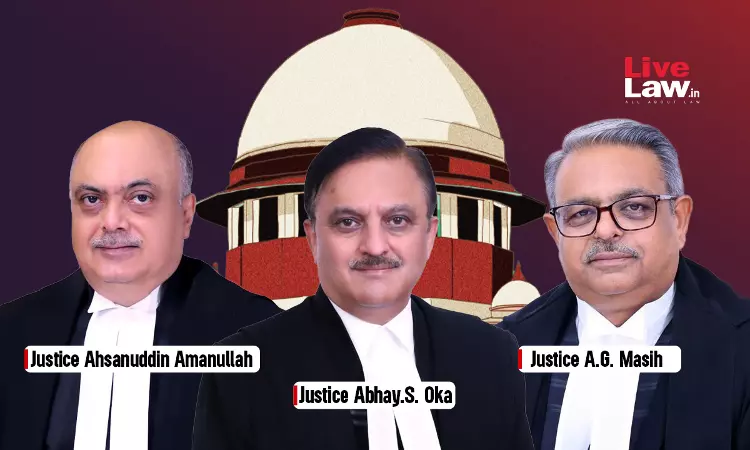Supreme Court Issues Guidelines On Death Penalty Execution & Mercy Petitions To Avoid Delay In Process
Amisha Shrivastava
9 Dec 2024 9:16 PM IST

The Supreme Court issued comprehensive guidelines for timely execution of death sentence.
Next Story
9 Dec 2024 9:16 PM IST
